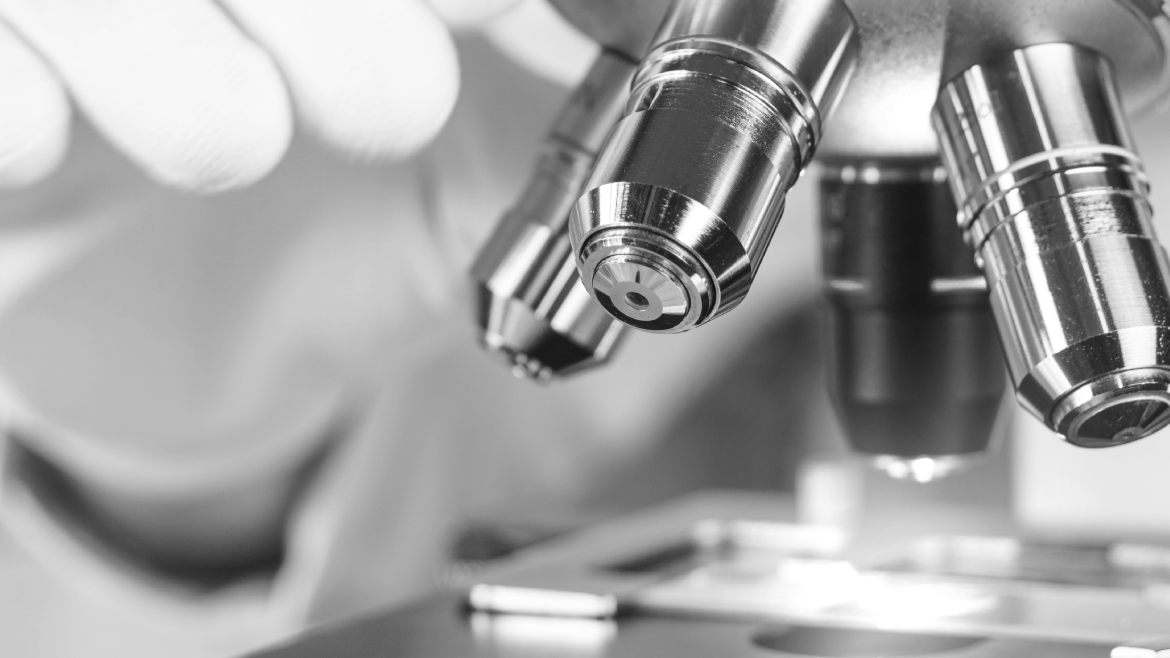- Julie Mohbat
- 0 likes
- 11813 views
- 0 comments
Exposome
The exposome refers to the total environmental exposures that an individual encounters throughout their life. This includes not only common environmental factors (exposure to pesticides, chemicals, etc.) but also lifestyle-related factors (stress, diet, sleep quality, etc.). The term "exposome" was introduced in 2005, and research on this topic has significant implications for understanding human health and disease. There is particular interest in the interaction between the exposome and genetics, physiology, and the biological responses that ensue.
Impacts on our skin
The skin exposome includes exposure to sunlight, cigarette smoke, pollution, and cosmetic products that are absorbed. The skin thus accumulates external insults, leading to aging and potential diseases. 90% of skin cancers are attributed to UV exposure. Particles suspended in airborne pollution can adhere to the skin, increasing oxidative stress that damages cells, leading to the appearance of wrinkles, decreased elasticity, and firmness.
How can we protect ourselves?
While manipulating genetics is practically impossible, it is entirely within our control to modify and adjust our habits. By adopting good practices, especially a skincare routine with suitable natural products, it is possible to limit the accumulation of external aggressions on the skin and preserve it as effectively as possible.
References
Lamichhane G, Acharya A, Marahatha R, Modi B, Paudel R, Adhikari A, Raut BK, Aryal S, Parajuli N. Microplastics in environment: global concern, challenges, and controlling measures. Int J Environ Sci Technol (Tehran). 2022 May 26:1-22. doi: 10.1007/s13762-022-04261-1. Epub ahead of print. PMID: 35638092; PMCID: PMC9135010.
https://www.cdc.gov/niosh/topics/exposome/default.html#:~:text=The%20exposome%20can%20be%20defined,from%20environmental%20and%20occupational%20sources
https://www.skincancer.org/fr/skin-cancer-information/skin-cancer-facts/#:~:text=Environ%2090%20%25%20des%20cancers%20de,ultraviolets%20(UV)%20du%20soleil.
https://www.sciencedirect.com/science/article/pii/S0923181116308167
https://academic.oup.com/ije/article/41/1/24/650703
Par Julie Mohbat
Master 2 in Life Sciences Engineering, EPFL, Lausanne, Switzerland
Julie is a Master 2 graduate in Life Sciences Engineering at EPFL, specialising in neuroscience and neuroengineering after a Bachelor degree at the same school. Her skills lie at the interface between engineering, life sciences, biochemistry and cellular and molecular biology with a focus on biotechnological innovations for medicine.



comments (0)